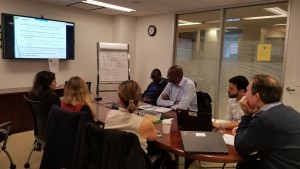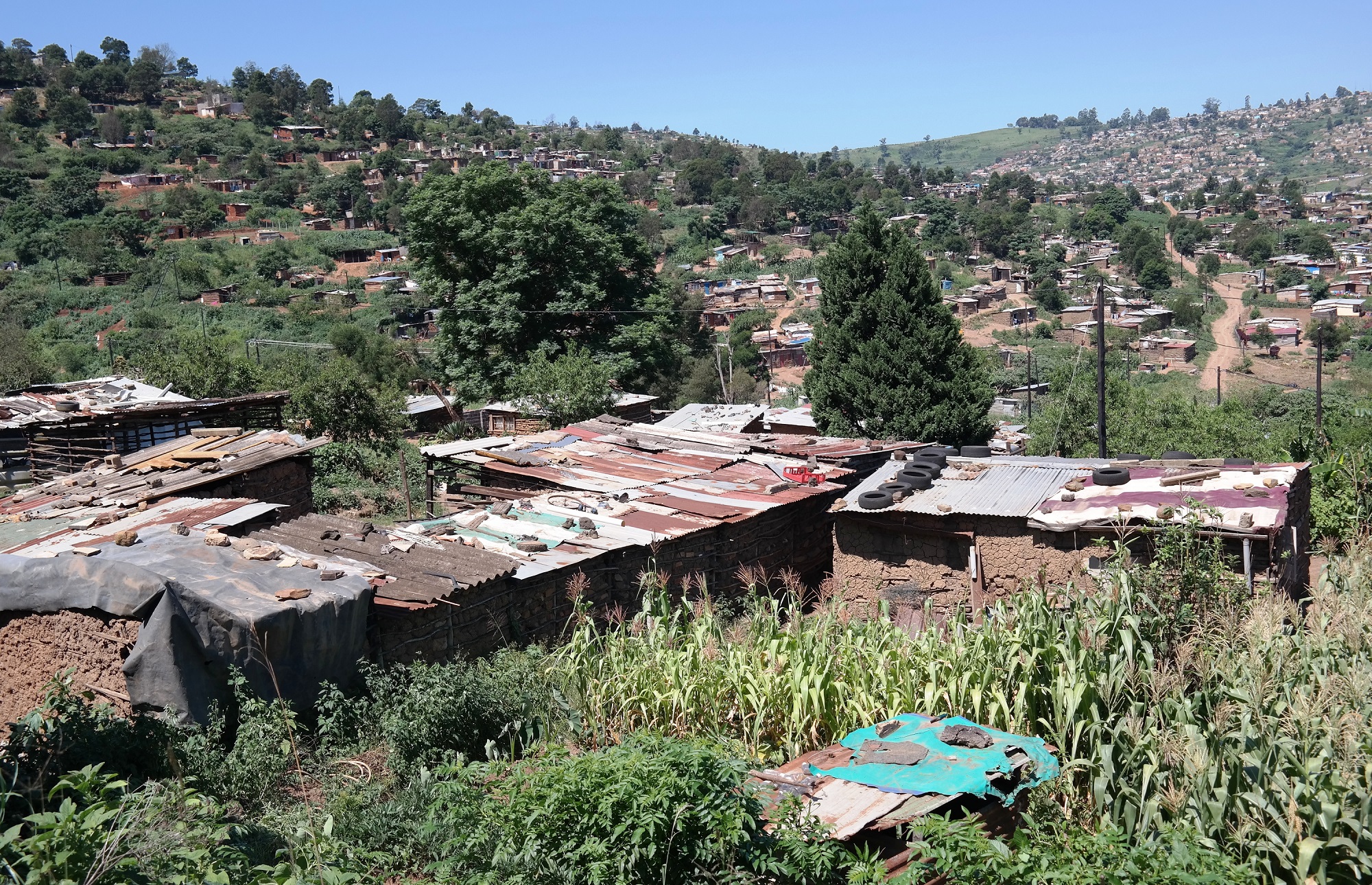Adaptation Fund Brings Together National Implementing Partners to Share Knowledge in Effectively Adapting to Change on the Ground
Washington, D.C. (October 25, 2018) — As part of Adaptation Fund activities to share country experiences that foster adaptation learning, the Fund will host its seventh Climate Finance Readiness Webinar for its accredited National Implementing Entities (NIEs) across the globe.
The October 25 webinar is open to all 28 of the Fund’s NIEs and will focus on the theme of “Project implementation: Managing change in adaptation projects and programmes”.
Discussions will focus on factors that occasionally lead to requested changes in approved projects, such as unanticipated internal, project design or organizational planning needs, or external factors like natural catastrophes. It will include sharing of practical experiences from NIEs themselves and multilateral implementing partners on how they successfully managed change.
Changes to budget activities, project indicators, executing entity roles and project direct services will be among the topics discussed. Representatives from Adaptation Fund implementing partners such as the South African National Biodiversity Institute, the Planning Institute of Jamaica, and the United Nations Development Programme are expected to present.
Adaptation Fund staff will also provide an overview of the Fund’s procedures to submit requests for project changes and the processes to obtain approval for them from the Adaptation Fund Board.
“It is extremely useful to gain better understanding of possible triggers of change and to share experiences and knowledge that contribute to further enhancing countries’ capacities to adapt and manage change that cannot be prevented or avoided,” said Adaptation Fund Climate Finance Readiness Programme Coordinator Farayi Madziwa.
The Fund’s previous readiness webinars have focused on other key adaptation themes such as knowledge management, project monitoring and evaluation, and fostering the Fund’s environmental, social and gender equality principles in projects.

The webinars, together with in-person workshops provided by the Fund to NIEs directly in countries, help further build countries’ and organizations’ knowledge and capacities within the accreditation process and to identify and develop effective adaptation projects on the ground. The Readiness Programme additionally offers small technical assistance, south-south cooperation and project formulation grants, project readiness scale-up grants and grants to help manage environmental, social or gender risks. These grants help to further build national capacities to adapt to climate change.
The Fund pioneered Direct Access, which empowers NIEs based in the countries themselves to access funding and develop projects directly through the Fund while also enhancing national capacities to adapt to climate change.
“Direct Access is one of the hallmarks of the Adaptation Fund, so these global webinars are an important aspect of our robust activities to share knowledge of practical experiences that further enhance effectiveness of the Fund’s concrete, adaptation projects to communities in developing countries that are most vulnerable to climate change,” said Mikko Ollikainen, Manager of the Adaptation Fund. “Projects are country-led and tailored to local adaptation needs, so building the capacity and capability to effectively adapt is a key component of Direct Access.”
ABOUT the ADAPTATION FUND
Since 2010, the Adaptation Fund has committed about US$ 532 million for climate change adaptation and resilience projects and programmes, including 80 concrete localized adaptation projects in the most vulnerable communities of developing countries around the world with approximately 5.8 million direct beneficiaries. It also pioneered Direct Access, empowering countries to access funding and develop projects directly through accredited national implementing entities.
Communications: Matthew Pueschel, mpueschel@adaptation-fund.org or +1-202-473-6743
Attachments
| Attachment | Type | Size |
|---|---|---|
| Press release October 25, 2018 | 343 KB |


